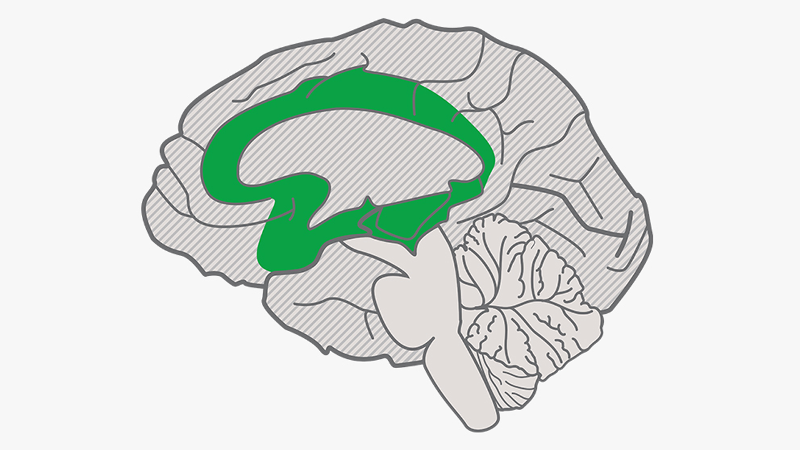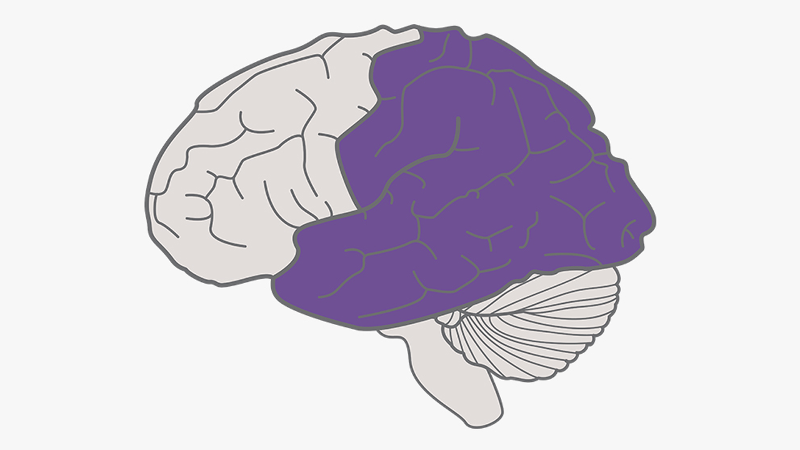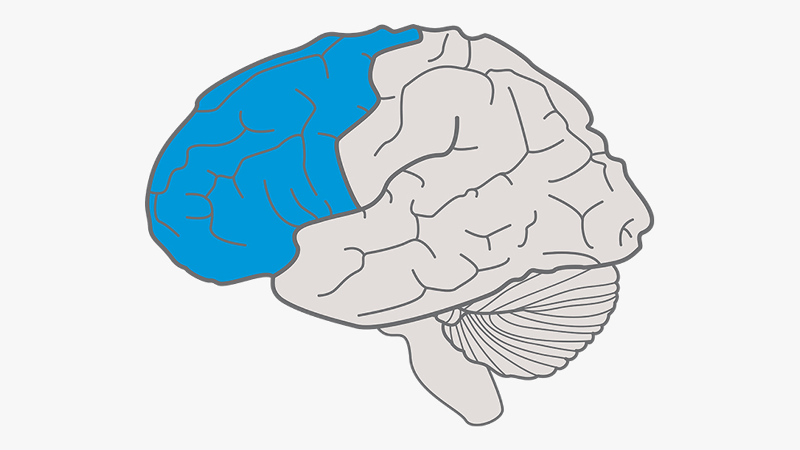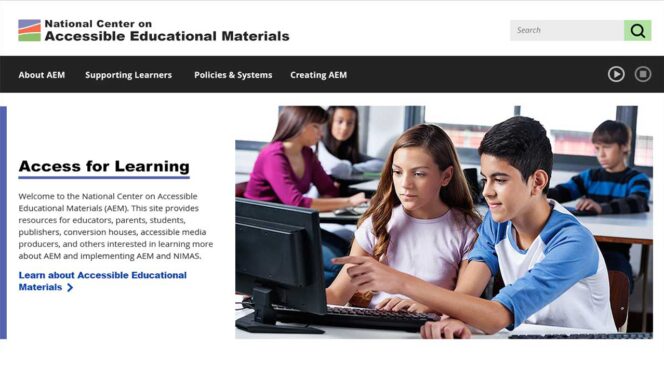Universal Design for Learning (UDL) is a framework to improve and optimize teaching and learning for all people based on scientific insights into how humans learn.
The goal of UDL is learner agency that is purposeful & reflective, resourceful & authentic, strategic & action-oriented.
UDL at a Glance
Find out how the UDL framework guides the design of instructional goals, assessments, methods, and materials that can be customized and adjusted to meet individual needs.
UDL to Change the World
CAST created the Universal Design for Learning framework, and it remains one of our core levers of change to help make learning inclusive and transformative for everyone.
Universal Design for Learning Guidelines
The UDL Guidelines are a tool to support educators, curriculum developers, researchers, parents, and more to apply the UDL framework to practice. These guidelines offer a set of concrete suggestions that can be applied to any discipline or domain to ensure that all learners can access and participate in meaningful, challenging learning opportunities.
The UDL Guidelines are organized into three principles: Engagement, Representation, and Action & Expression. When a variety of options are available to provide multiple means of approaching each principle, barriers are reduced and access to that princple is increased.
Explore the UDL Guidelines website to access full descriptions of each guideline and associated considerations.

Engagement
Design options for welcoming interests and identities, effort and persistence, and emotional capacity.

Representation
Design options for perception, language and symbols, and building knowledge.

Action & Expression
Design options for interaction, expression and communication, and strategy development.
